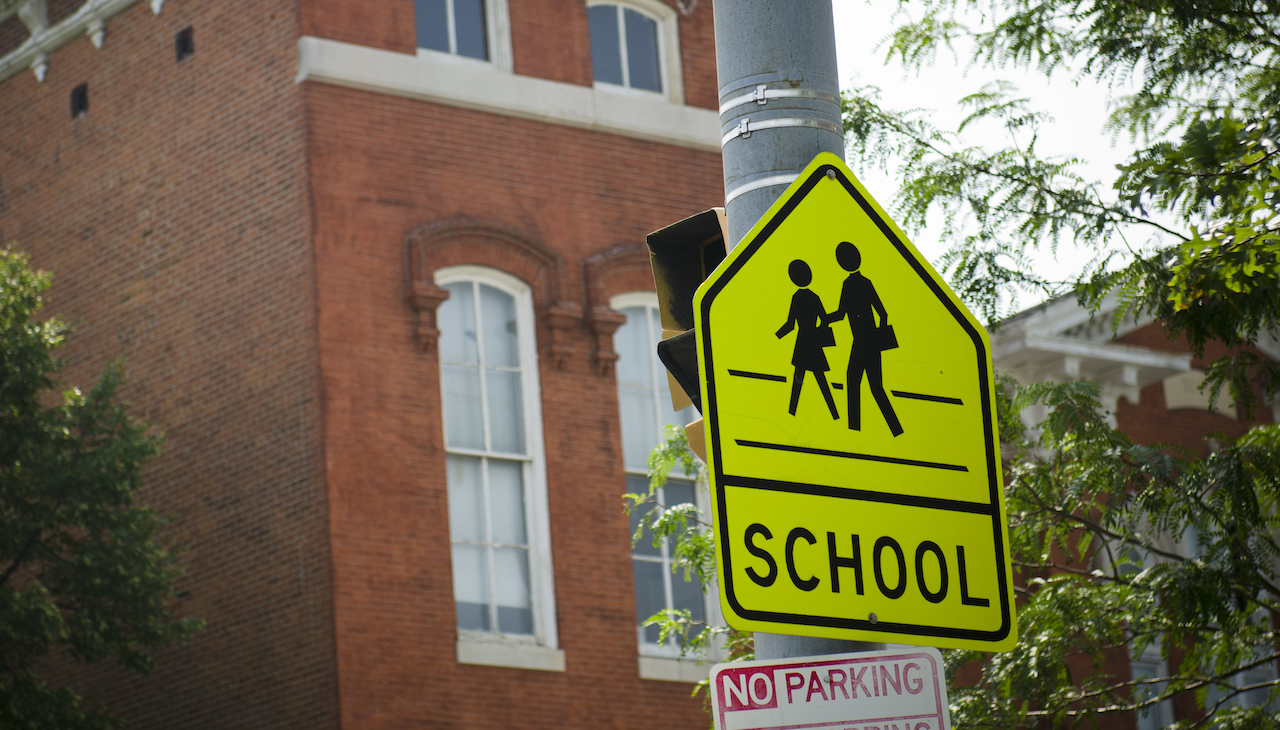
Philly Commission on Human Relations sets forth transformative protective measures for transgender youth
New city regulations enacted to protect transgender and gender nonconforming youth
On July 11, the Philadelphia Commission on Human Relations (PCHR) passed new regulations for transgender and gender non-conforming youth, according to a press release from the Mayor’s Office of Communications.
The measure, headed by Khia Greene, PCHR’s Executive Director, aims to establish legislation that would further insulate trans and gender non-conforming youth from systemic discrimination.
“With the disturbing and increasing amount of anti-trans legislation that targets trans youth, these reforms represent welcome, needed progress and are just one of the many reasons that Philadelphia is consistently recognized as one of the most LGBTQ-friendly cities in the country,” said Celena Morrison, Executive Director of the Office of LGBT Affairs.
The big picture
In the aftermath of Roe v. Wade’s historic reversal, states are experiencing a significant increase in new Republican-led legislation to undermine fundamental protections not enshrined in the constitution.
As many as 26 anti-trans measures were introduced so far in 2022, according to a legislative tracker led by the bipartisan organization, Freedom for All Americans.
Five have been made into law.
In 2021, 17 anti-trans bills were enacted into law, surpassing the 2015 record in which 15 measures were passed into law.
In Florida, HB 1557, infamously coined the “Don’t Say Gay” bill was signed on March of 2022 by Florida Governor Ron DeSantis, preventing public school teachers from discussing matters pertaining to gender and gender identity.
Why it matters
A study conducted by the Williams Institute, a think-tank at UCLA’s School of Law, found that over 300,000 youth identify as transgender. In Pennsylvania, approximately 10,000 youth, or 1.30% of the total population identifies as trans.
RELATED CONTENT
“Our City is deeply committed to ensuring all trans and non-binary youth thrive, flourish, and feel valued,” said Councilmember Helen Gym in a statement.
“In the absence of federal and state protections, and especially amidst increasing and vile attacks against trans youth, these reforms prove that Philadelphia will always stand with our trans and non-binary communities and advance bold policies to protect them,” she added.
Need to know
The regulation scope covers inclusive language, adopting terminology to more adequately address individuals who fall outside of the gender binary.
Moreover, it highlights guidance with respect to points that have been subject to contention in the past by Republicans. AL DÍA collected and organized them below:
- Pronouns: Institutions shall use the name and pronouns with which a youth identifies in all interactions between the youth and the institution as well as in written correspondence, records or communication of the institution
- Hate Speech: Institution personnel shall not use derogatory or offensive terminologies when communicating with or referring to a transgender or gender nonconforming individual.
- Privacy / Confidentiality: Institution personnel shall not disclose information that may reveal a youth’s transgender identity or gender nonconformity to others, including staff, peers, parents, and other members of the public, unless the youth has authorized such disclosure.
- Gender-Expansive Activities: To the extent possible, institutions should reduce or eliminate the practice of segregating youth by gender.
- Gender-Neutral Language: To the extent possible, institutions should use gender-neutral language in written communication, regardless of a youth’s gender identity.
- Restroom Access: Youth shall have access to the restroom that corresponds to their gender identity.
- Locker / Dressing Room Access: Children/youth shall have access to the locker/dressing room that corresponds to their gender identity. Any youth with a need or desire for heightened privacy, regardless of the underlying reason, should be provided with a reasonable alternative arrangement that is agreeable to the youth.
- Dress code / Uniforms: Where dress codes exist, youth shall be permitted to dress in clothing that corresponds to their gender identity or gender expression, including maintaining a gender-neutral appearance.
The regulation’s language will monitor transgressions to its terms and will seek to investigate any violations, pursuant to the ordinances. Furthermore, it requires that personnel undergo professional development to address instances of bullying, harassment, or any form of discrimination.
Personnel will also be required to communicate the policy in a manner that is accessible to the population it looks to serve.


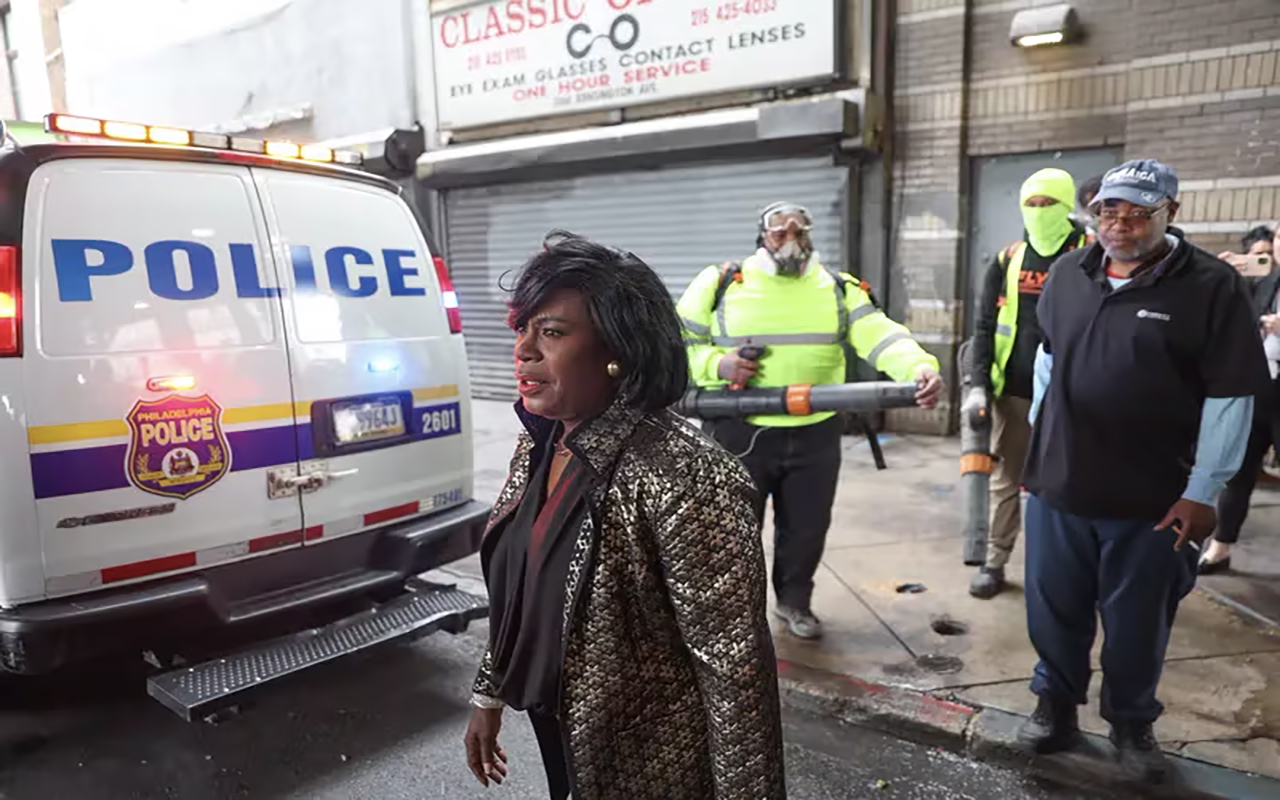
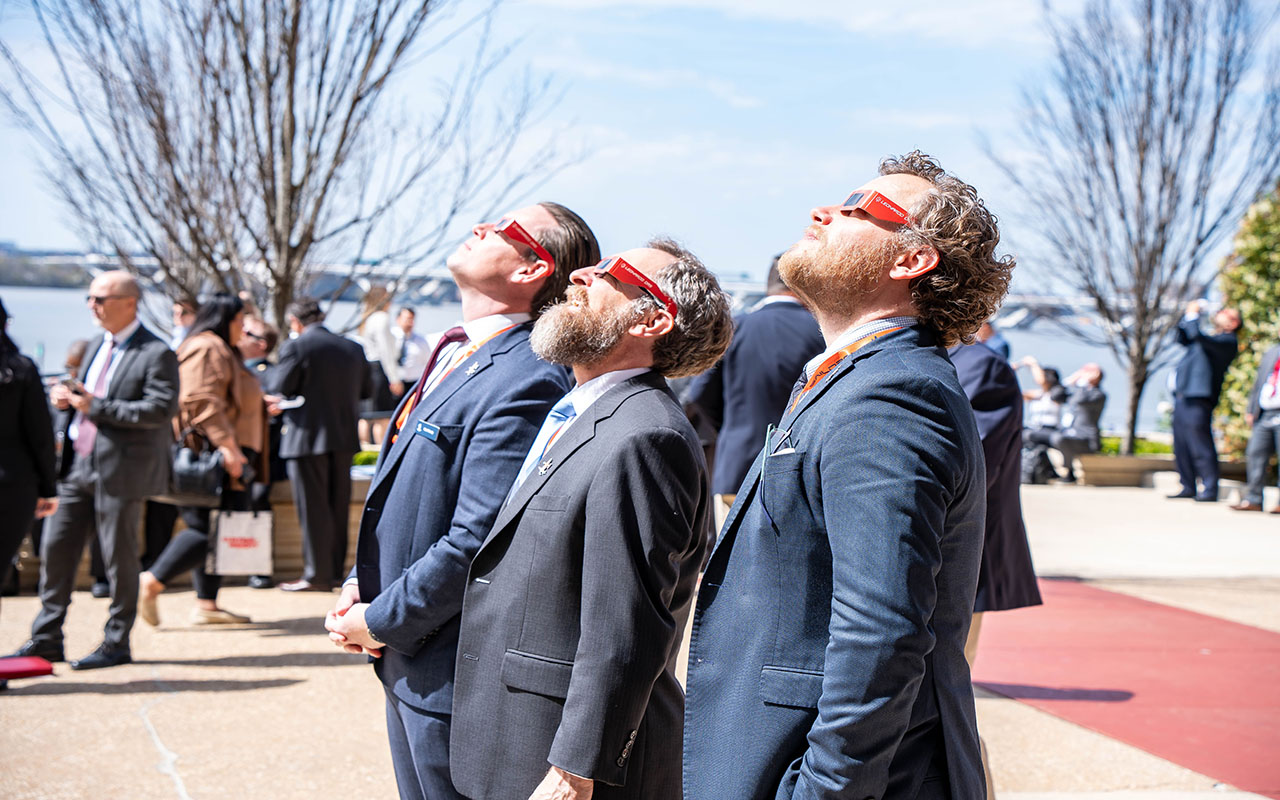


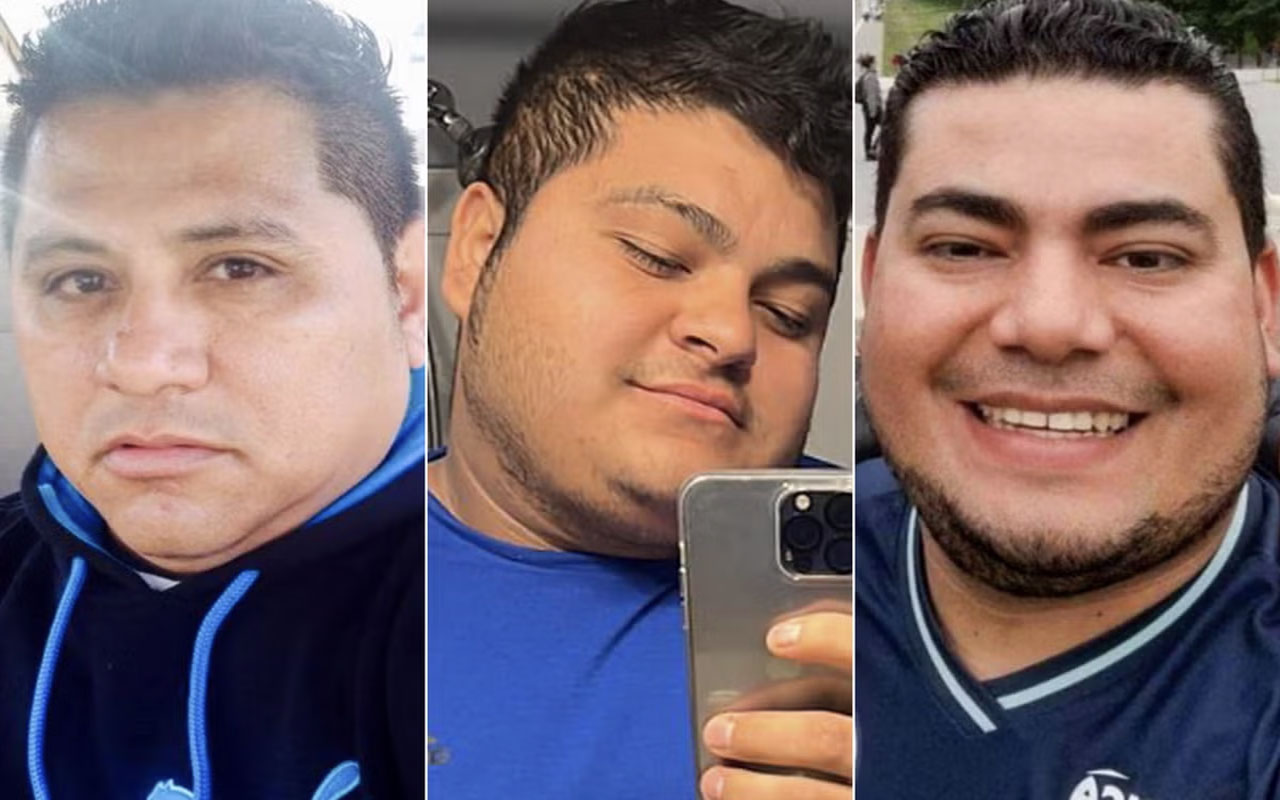
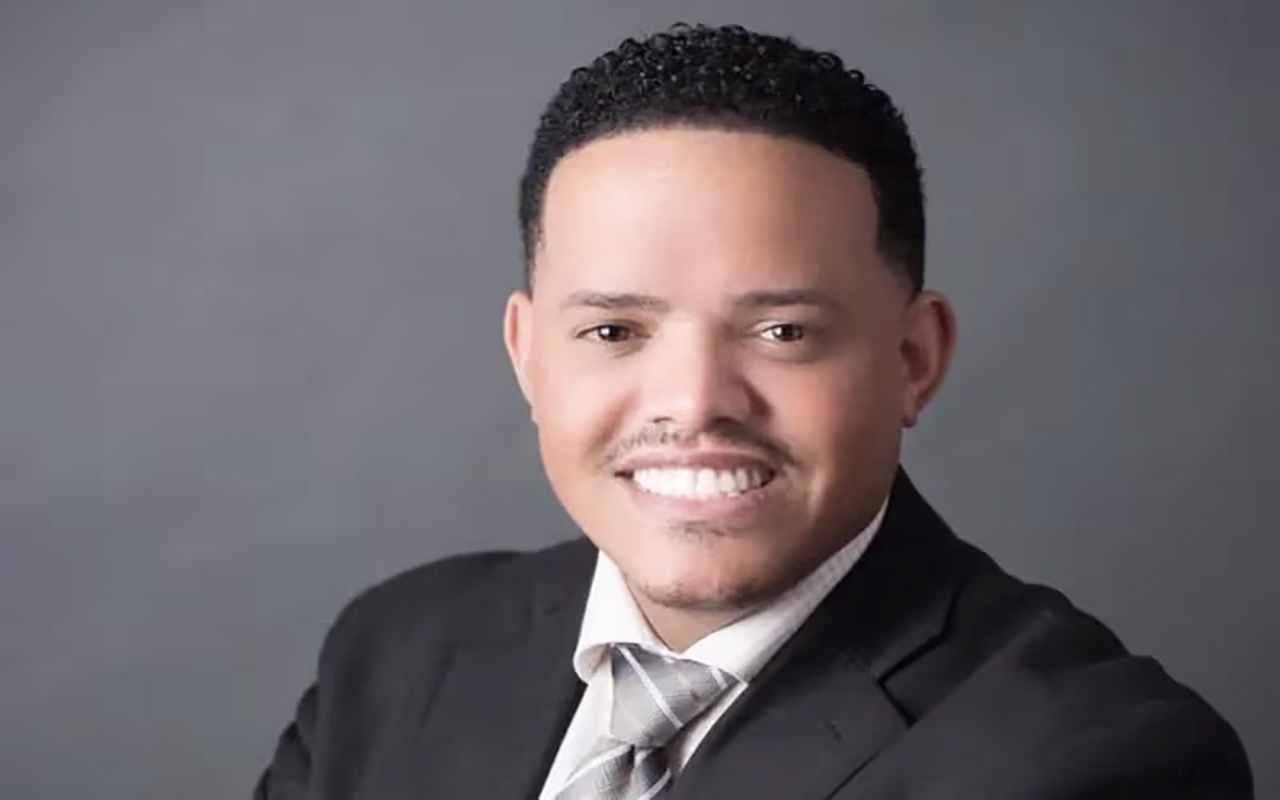
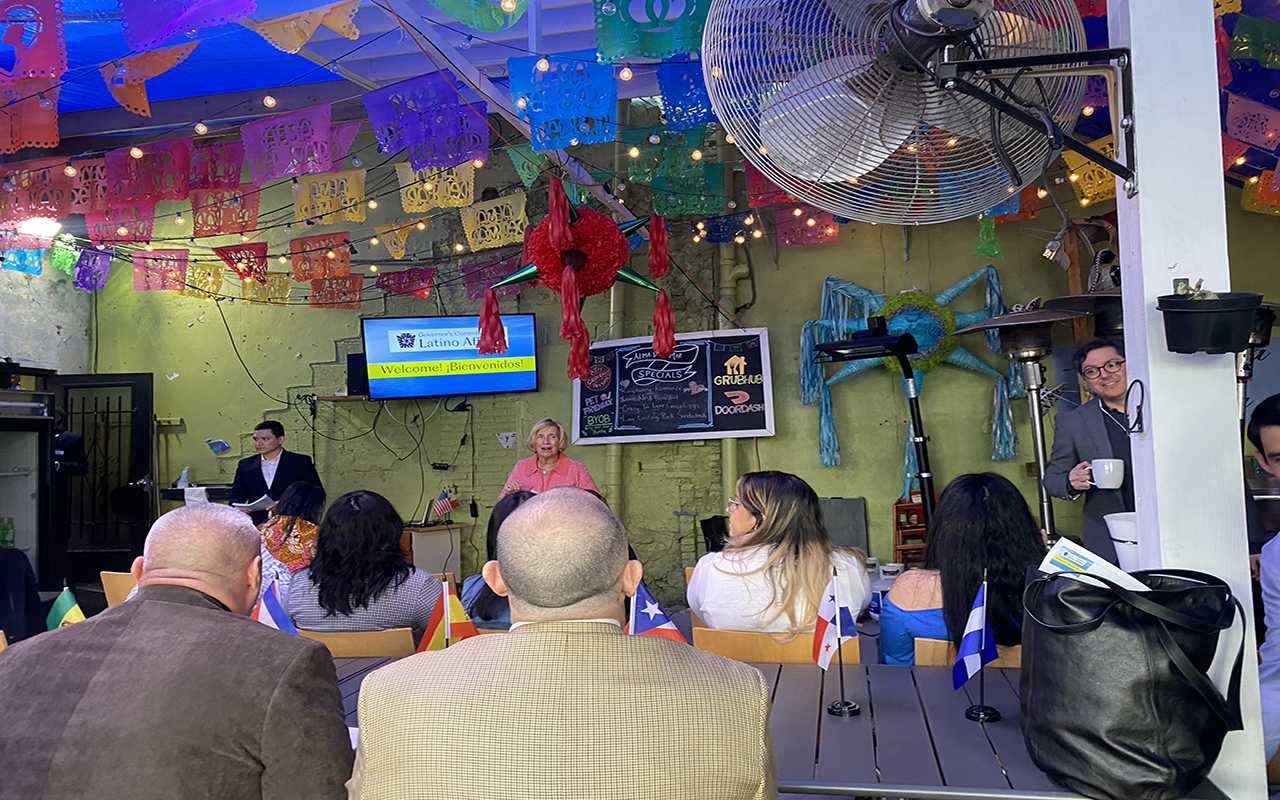


LEAVE A COMMENT:
Join the discussion! Leave a comment.